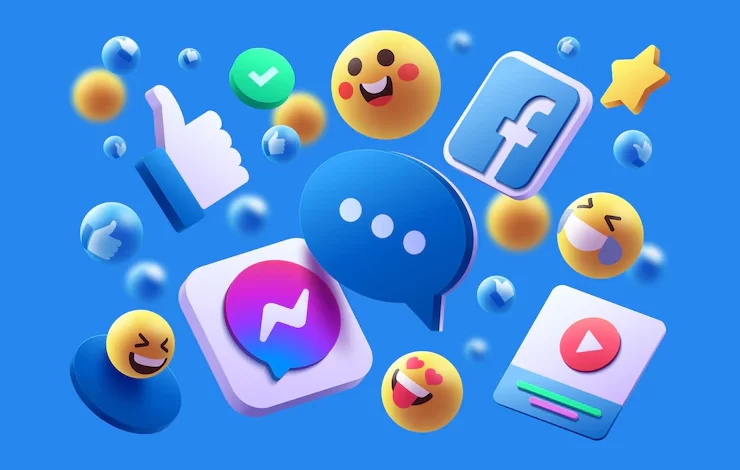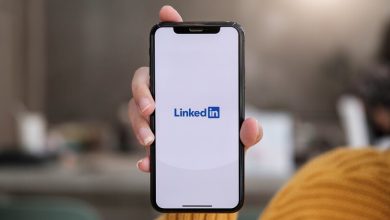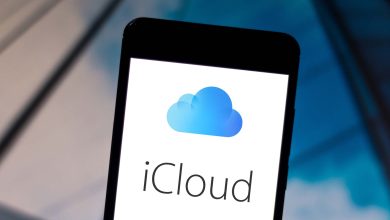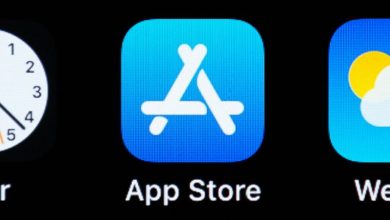5 Ways Social Media Impacts Cybersecurity

The social media is attractive because we are social beings, and we love sharing information with other people and sharing our opinions with others. It’s also apparent that the desire to share and connect may be lost in remote, isolated web areas where social media websites are accessible. One of the biggest challenges with using social networking sites is that it’s rarely popular or even recognized as a security risk. It’s not only a threat to users, but you’re also in danger for your employer. The actions of social media can pose a significant risk for your business.
It is essential to know how malicious actors collect Information on employees through social media platforms, explicitly using digital objects and relationships and personally identifiable Information aggregated across different platforms.
1. )Everybody’s InformationInformation is valuable
If you sign up for your online account, all of your information is accessible to anyone with access, which means it is vulnerable to being snatched by criminals. Many people use similar usernames, photos and email addresses across different platforms. They also use similar email addresses to conduct other transactions that require a high level of security, such as banking. If you upload Personal Information online, you put yourself at risk.
It’s incredible how many people think that their Information online isn’t a concern for criminals. They believe that nobody is interested in their personal Information since they’re not well-known or wealthy. But, the money that you have in your bank account could be a good target for criminals. Your computer may be infected and used to track other people of criminal activities. This means that everyone could be a target for criminals.
2.) Oversharing may pose risks for the ones who have been treated Phishing
Everyone has someone in those social networking networks or a social butterfly who has lots of “friends” who provide a continuous stream of information about their activities and where they’ve headed as well as any personal challenge they’re having.
Most people aren’t aware of sharing information that could lead to spear attack phishing and other threats. Why? The more points that a detractor can gather about you and your Information, the more likely they’ll be able to craft an authentic-looking email or text that you’ll engage in.
Employers are assessing prospective candidates. If you are a frequent over-sharer, you are in danger of being victimised by scams that rely on Phishing and put your company at risk. This brings us to the second concern.
3.) Bad Actors Can Aggregate Information Across Forums
Every piece of InformationInformation you share on your social networks could be an information point. It’s not only concerned with the Information you share. Criminals may gather Information through memes or inquiries you make. It’s simple to reply to memes that state, “Your secret agent’s namesake is your maternal name and your preferred colour.”
What other actions will create memories? What are the security-related questions that websites ask for passwords? Your first pet, your vehicle or your preferred color and on and on. It’s been proven that these types of questions were crafted by criminals to gain access to your accounts online.
A team of bits of information won’t be dangerous, but the criminal will search for further details on your social media accounts if you are the victim of a cyberattack. Any information that’s publically accessible could be a victim. For example, hostile actors can find your business email address and use that information to launch an Email for Business Compromise attack.
4.) Relationships can be utilised to gain access to Information
Alongside your posts and the Information other people share with you, the relationships you make on social media can also be a source of risks. One example is found within the Cambridge Analytica scandal. If you publish something online and your followers enjoy the content, They leave comments or post it on social media to share. Once the database is accessible to the general public, it’s now a public record.
Although your accounts aren’t secure, however, they can still be a source of possibility. For instance, the profile photo on Facebook is accessible to anyone who visits the site, and friends may comment on your profile significantly if you’ve altered your profile’s view recently. Even if you’re not sharing your interests, place of residence or educational background, An attacker can create patterns across relationships or conduct a lifestyle pattern analysis. They may be able to uncover information about you based on your connections regardless of whether you’ve disclosed it to the individual or not. This is among the most effective methods that hackers employ.
5. )The dissemination of incorrect Information regarding Social Media can result in risks for companies.
Attackers are profiting from false InformationInformation and disinformation. For example, malicious actors could benefit from hacker attacks that occurred in the last few days by sending out an email that reads “Your account has been compromised” or “You’re closed out of your budget, and you can change the password.”
They profit from their decision-making process, which grants access to corporate computer systems, personal banking accounts, data stores, and much more.
6)Social Media Security A Solid Policy is Required
Social media in the present is not just about being social, it’s now a necessity for business and a security threat. Attackers have altered their strategies to extract vital InformationInformation regarding their employees from social media and then use it to craft sly campaigns of Phishing and other cyber-attacks based on social engineering. Make sure you establish a solid social media policy and stick to it. Keep in mind the social media profiles of your employees and the social media accounts for your business. These steps will help you to stay safe from cyber-attacks.
Read More: The Unseen Online Benefits of Social Media





